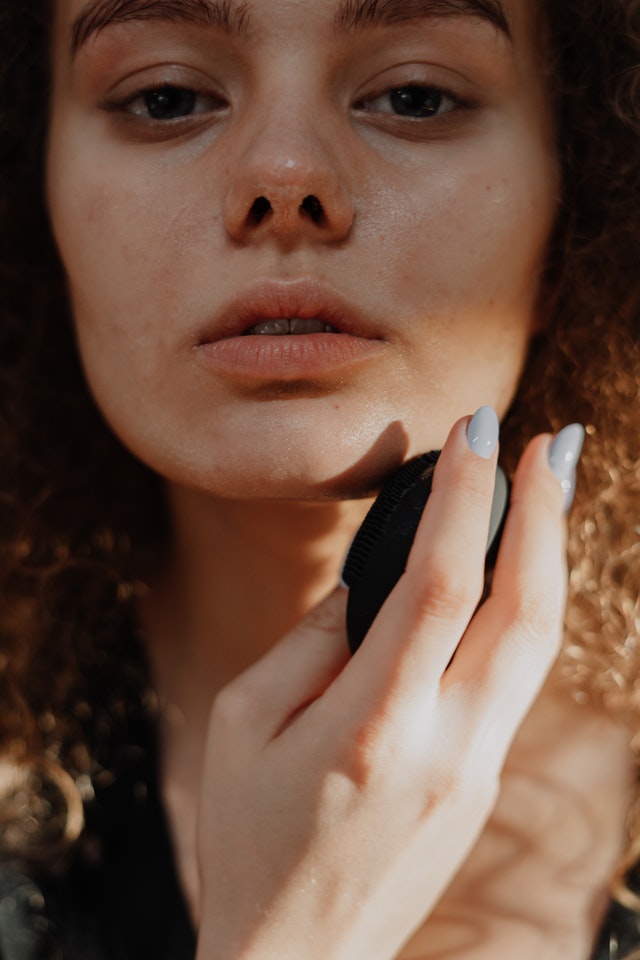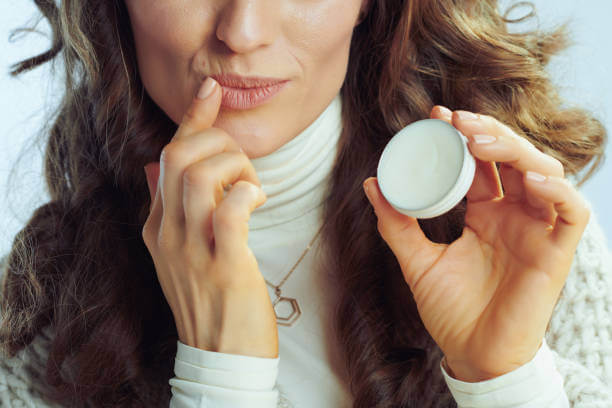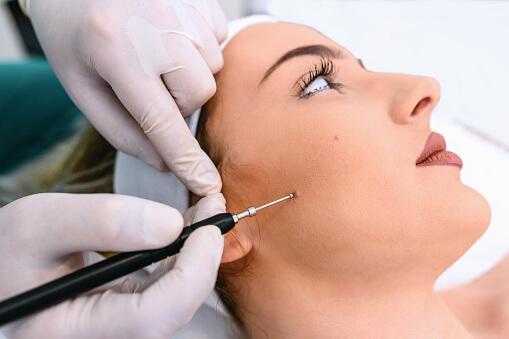Lip discoloration refers to any change in the color of the lips, including darkening or lightening of the skin. This can be caused by a variety of factors, including genetics, exposure to the sun, hormonal changes, smoking, certain medications, and certain skin conditions. Some common causes of lip discoloration include melasma, vitiligo, and post-inflammatory hyperpigmentation. Lip discoloration can also occur as a symptom of more serious conditions such as cancer or anemia. It’s important to consult with a dermatologist to determine the cause of your lip discoloration and to develop an appropriate treatment plan.
Your lips only have three to five cellular layers, although the rest of your skin has many more. Due to the tissue becoming thinner and more sensitive, the color of the blood vessels beneath can now be seen. Your skin tone and lip color both influence each other. Your lips will appear lighter and the blood vessels will be more noticeable the lighter your skin is. Lip discoloration can be caused by a variety of conditions, from the relatively benign staining from specific foods or beverages to an underlying medical problem.
Table of Contents
Causes of Lip Discoloration
Hormonal changes
As we all know, melanin, a pigment, gives your skin its color. Sun exposure, hormone fluctuations, drugs, and medical diseases are the most frequent causes of changes in melanin synthesis, but there are numerous more reasons as well. Let’s concentrate on how hormonal fluctuations may specifically impact hyperpigmented areas on your lips and around your mouth for the time being.
On your face, cheeks, and upper lip, melasma appears as dark brown and gray areas. The patches typically appear after a woman has had some sort of hormonal change, such as getting pregnant or using an oral contraceptive. The face will typically be the area affected, and continuous sun exposure will make these spots more noticeable.
Medication
Although birth control might be the first thing that comes to mind when considering drugs that improve or cause hyperpigmentation in the mouth, there are some other drugs that could also put you at risk, such as estrogen-rich hormone replacement therapy, the antibiotic doxycycline, or drugs used to treat chemotherapy.

Overexposure to sun
You have a higher chance of developing dark spots and hyperpigmentation on your face if you are exposed to UV rays from the sun directly. Consider using a lip balm or chapstick that has an SPF as well while applying sunscreen to avoid missing the region around your mouth.
Skin trauma
You may be at risk of getting Lip discoloration after the skin recovers from a severe acne eruption, burn, or infection on your face or in the areas around your mouth. After skin irritation, this kind of lip discoloration develops and often goes away in a few months. After a few months, if you’re still seeing this kind of Lip discoloration, it might also be triggered by an irritant like toothpaste or lip balm. If you want to test if your pigmentation gets better, think about switching out these items.
Vitamin and nutrition deficiency
Your lips may become hyperpigmented for a variety of reasons, but vitamin deficiencies linked to low levels of vitamin B12 and vitamin D are the most frequent.
Types of lip discoloration
Blue lips
Lips that are blue in color are probably an indication that you aren’t getting enough oxygen. Your skin may develop cyanosis, a coloring brought on by inadequate oxygenation of the bloodstream. Blue lips could be a sign of a low blood oxygen level, which can be brought on by a variety of illnesses.
Blood with a high oxygen content will seem brilliant red, but blood with a low oxygen content may appear darker red or even purple. Serious medical disorders that impact the heart, circulatory system, or lungs are possible additional reasons for blue lips.

Dark lips
Lips that have been too pigmented will be dark. Numerous variables may be responsible for this. Your lips and gums may become darker as a result of smoking, which may also intensify their pigmentation. The color of your lips will also change if they are dry or damaged. Similarly, after getting hurt, a bruise may appear on your lips. They could turn purple or black. Spots can develop after exposure to the sun or as a sign of a medical problem. The source of your darkened lips could be spotted lips in either case.
Light lips
It’s common for our lips to be lighter than the rest of our faces, and vice versa. It is more likely that you will have paler lips if you are pale everywhere, including your face, the area around your eyes, and even your fingernails. Although being pale is a common trait, it can also be caused by medical disorders like anemia. Anemia-causing factors can include:
- B-12 shortage, iron deficiency
- a heavy menstrual cycle that causes blood loss
- gastrointestinal bleeding
- Dental thrush
- reduced blood sugar
- circulatory issues
- Frostbite
- certain prescription drugs or vitamin deficits
Treatments for Lip Discoloration
Treatment for lip discoloration will vary depending on the underlying cause of the condition. Some common treatments include:

- Topical lightening agents: These can help to reduce the appearance of dark spots or uneven skin tone on the lips. Hydroquinone, kojic acid, and azelaic acid are some examples of topical lightening agents that can be prescribed by a dermatologist.
- Chemical peels: These can help to remove the top layer of skin, revealing newer, more evenly pigmented skin underneath.
- Laser therapy: This treatment uses intense pulsed light to remove dark spots and improve overall skin tone.
- Microdermabrasion: This procedure removes the outermost layer of dead skin cells to reveal the brighter, more evenly pigmented skin underneath.
Does lip hyperpigmentation go away?
Often, these dark spots will go away on their own with time, but there are also over-the-counter and prescription skincare solutions that can help hyperpigmented regions go away.
How to fix dried liquid lipstick?
Does lipstick make your lips black?
How to make your lipstick last longer?
Lipstick Shades for Dusky Skin
